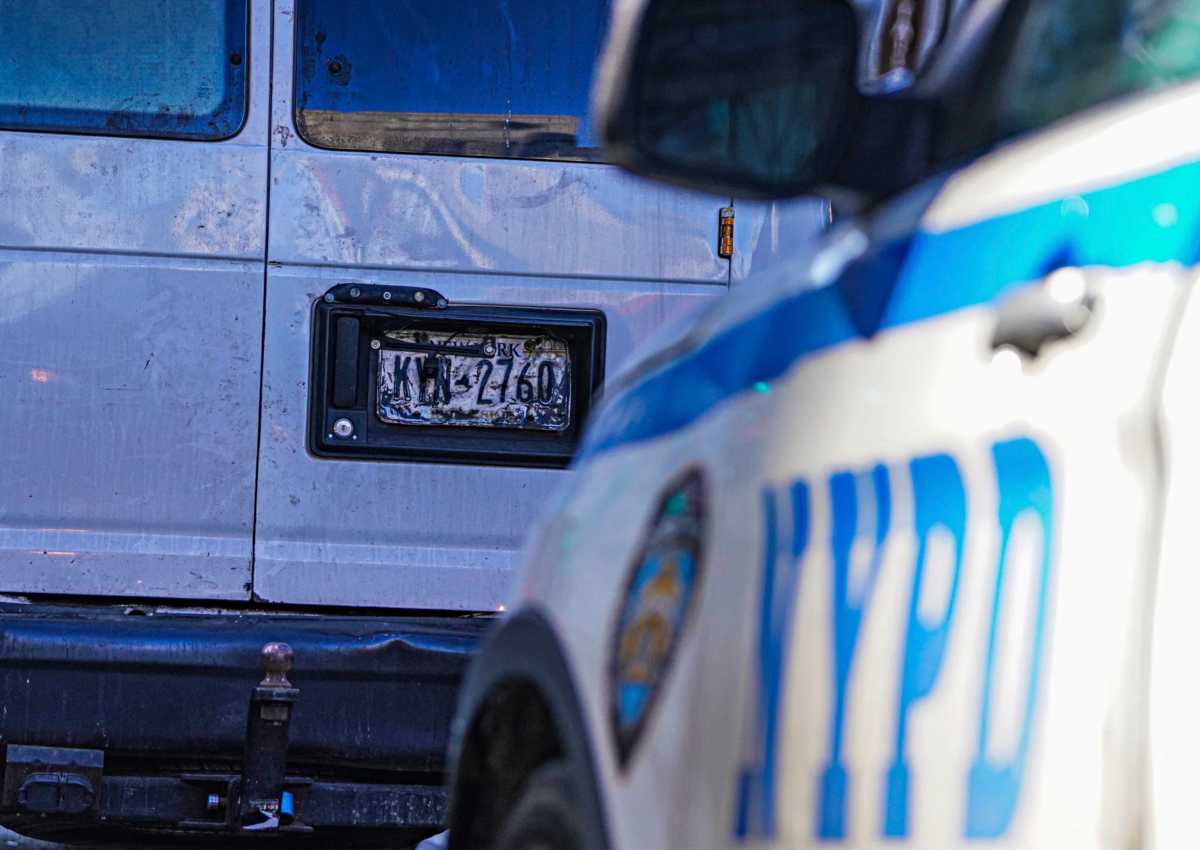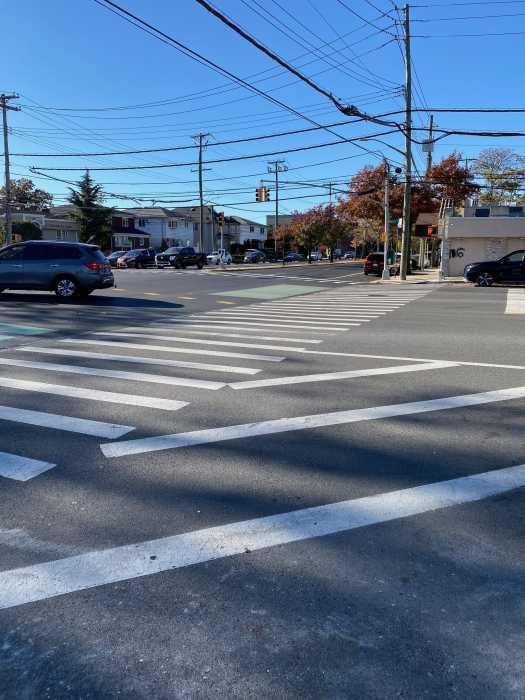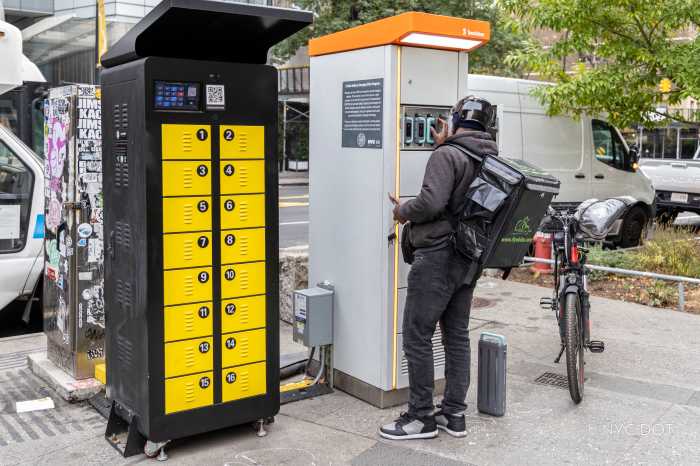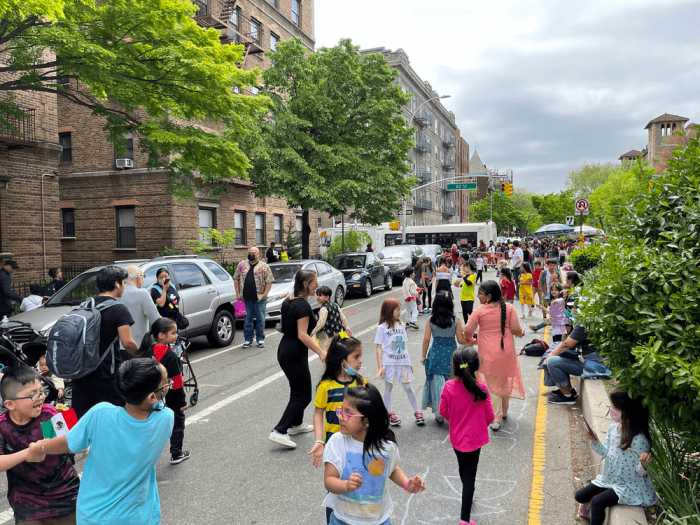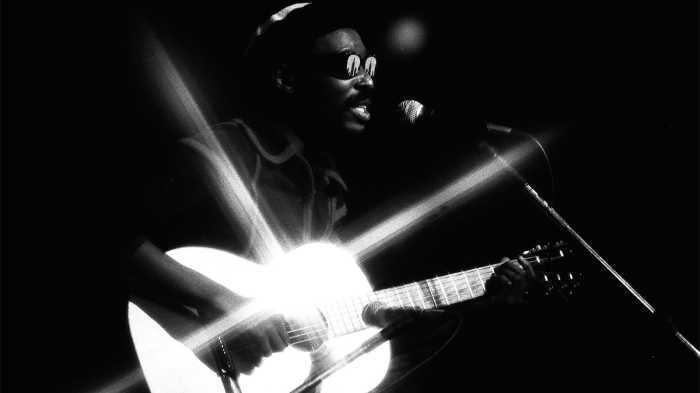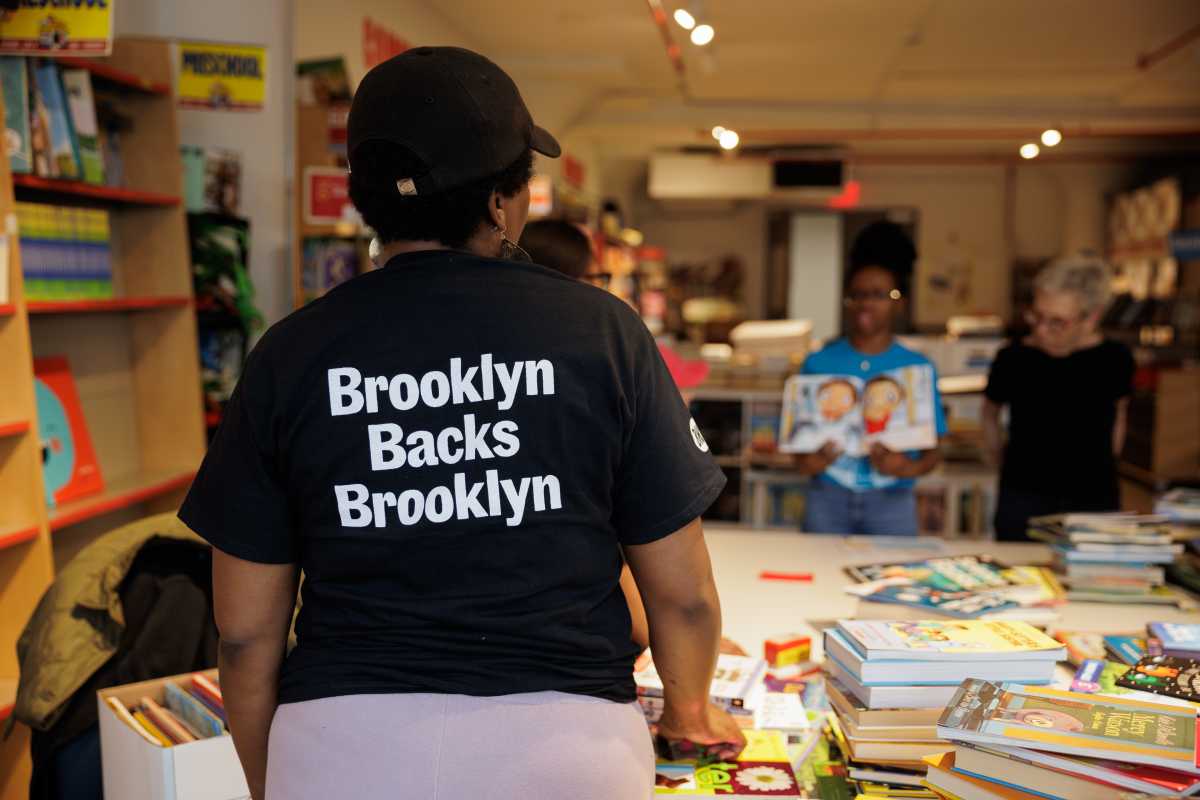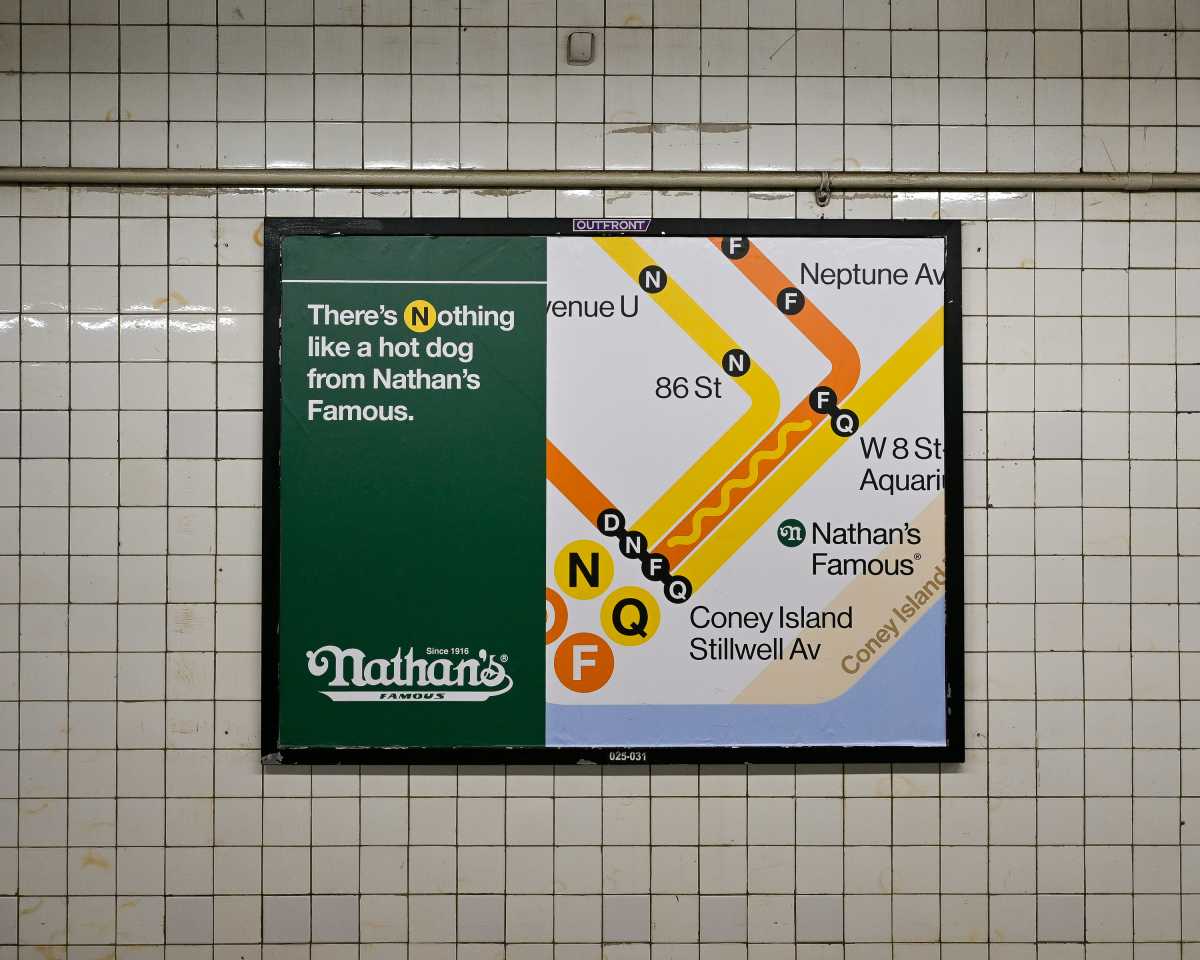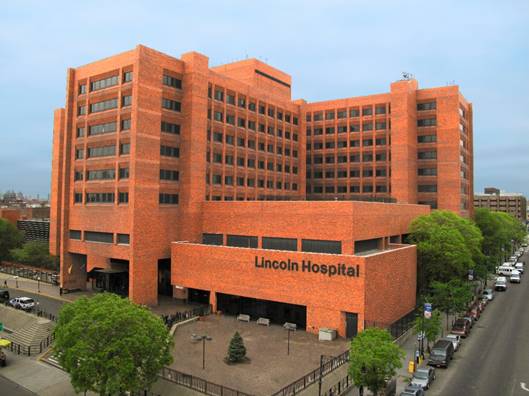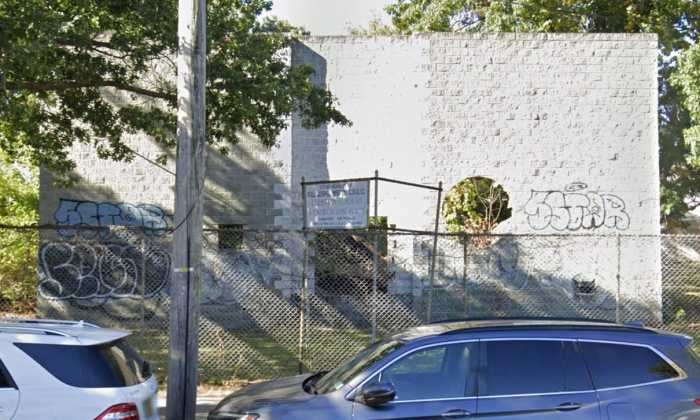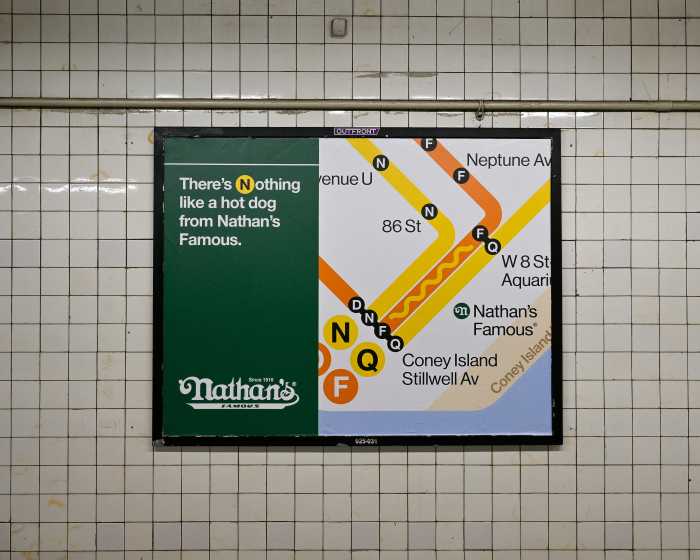New York City’s crackdown on illegally obscured license plates— including mandates to keep those plates clear and visible — begins this Wednesday, April 16, with the enactment of new rules every driver should know.
NYC Department of Transportation (DOT) first announced the new rules in January. The rules aim to prevent drivers from obscuring their plates to evade traffic laws and tolls. The rules have one common theme: Any obstruction to a license plate—whether dirt, rust, plastic coverings, or any material that makes the plate unreadable—is prohibited.
According to DOT Commissioner Ydanis Rodriguez, keeping plates visible is essential to ensuring proper camera enforcement. The DOT reported that NYC locations with speed cameras installed in 2022 saw 14% fewer traffic injuries and deaths than locations without cameras.
“Automated camera enforcement has been proven to reduce speeding and lower pedestrian fatalities, but it can only work if plates are visible, which is why these strengthened rules are critical to holding violators accountable and protecting all New Yorkers,” Rodriguez said in March.

These are the new rules going into effect April 16:
- License plate visibility: Plates must be securely fastened, properly displayed, readable, positioned between 12 to 48 inches from the ground when possible, and kept clean and unobstructed. No glass or plastic covers are allowed.
- Distorted plates: Drivers are prohibited from standing or parking a vehicle with a license plate that is covered, coated, or altered in a way that obscures its readability. In other words, the plates must remain fully legible to both the human eye and automated enforcement cameras. Any material that distorts or reflects light in a way that prevents cameras from capturing plate numbers in photographs or video recordings is prohibited.
- Ban on vehicle covers: Vehicles can not park with covers that conceal their license plates, registration stickers, VIN, or other identifying information. Covers that restrict access to the vehicle are also prohibited when the vehicle is in violation of posted parking rules.
- Prohibition of altered or fake plates: Any material that conceals or mimics a legitimate plate is prohibited. License plates must not be obstructed by any part of the vehicle or by items carried on it, except for officially issued tolling transponders installed according to mounting instructions.
City officials said any driver found parking with an obscured license plate will be fined, starting at $50.



